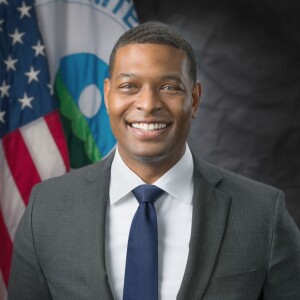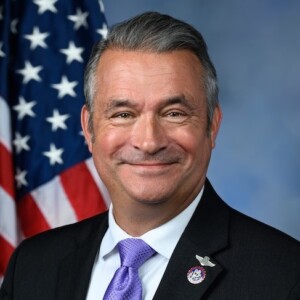Emerging Technologies
Innovations like gene editing and artificial intelligence have the power to profoundly affect human societies in both positive and negative ways. Early incorporation of diverse societal perspectives into governance for these and other emerging technologies is crucial. Keystone Policy Center fosters inclusive dialogue to anticipate, reflect upon, and respond to the potential risks, benefits and uncertainties of emerging technologies in our complex food, health and ecological systems. Whether the discussion is on heritable human genome editing, genetic or infectious disease, agriculture, or invasive species management, Keystone’s work focuses on issues central to responsible innovation: equity, ethics, sustainability, transparency, accountability, control and access, risk assessment and management, and stakeholder engagement.
Featured Projects

CRISPRcon: Conversations on Science, Society, and the Future of Gene Editing
In CRISPR and other gene-editing technologies, the scientific community has handed the world a powerful tool: The ability to make precise edits to the DNA in living cells. These technologies could transform our food, health, and ecological systems. They also raise important questions about risks, benefits, ethics, equity, and more.
Together with key partners in the scientific community, Keystone has brought together leading voices from diverse sectors to discuss the future of gene editing technologies across a variety of applications. Learn more
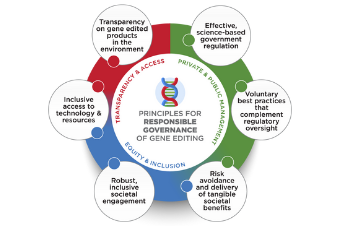
NGO Gene Editing Roundtable
The NGO Gene Editing Roundtable is an informal network of U.S.-based food-, agriculture-, and/or conservation-focused NGOs concerned with the responsible governance gene editing and other biotechnologies recognizes the potential societal benefits of gene editing technologies, while acknowledging their potential risks. The roundtable provides a forum for peer-to-peer engagement on gene editing policy and science to enhance organizational knowledge and capacity as well as identify and advance shared interests. Learn more
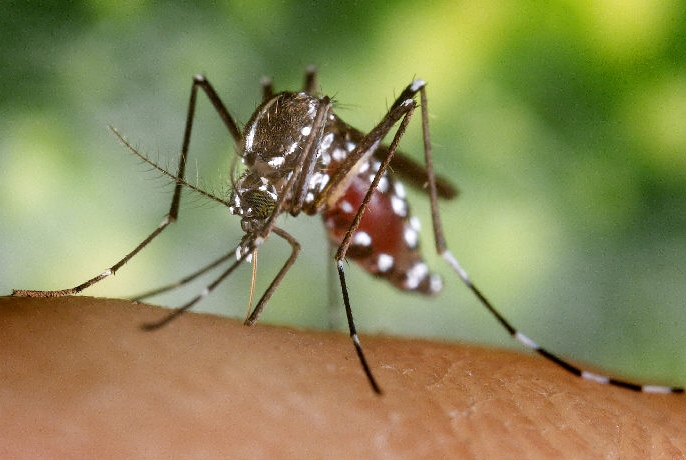
Stakeholder Engagement Practices to Inform the Development of Area-wide Vector Control Methods
Recent technological developments in the field of vector control (for example, those relating to novel gene drive techniques) have led to significant interest in effective stakeholder engagement for area-wide vector control interventions. Unique considerations apply because these approaches may not offer individuals the chance to ‘opt out,’ as would be possible during the testing of other medical interventions (e.g. vaccine field trials). Through a series of online consultations and a workshop, Keystone served as part of a multi-disciplinary team of experts and practitioners contributing to a paper on guidance on stakeholder engagement practices to inform the development of area-wide vector control methods. The guidelines are available at The PLOS – Neglected Tropical Diseases website

Control and Access: Intellectual Property and CRISPR-Cas Gene Editing for Innovation in Crop Agriculture
Keystone served on the advisory board and as site host for a conference organized by Colorado State University that explored issues of ownership and access for new gene edited crops. As new gene-edited crops are beginning to emerge from the lab and start moving toward commercial application, what will the complex and evolving legal landscape look like, what are the concerns of stakeholders regarding control and access, and what are the implications of new ownership and licensing frameworks for benefits and risks of using CRISPR in a wide range of innovations for sustainable agriculture? Info from the conference is available here.
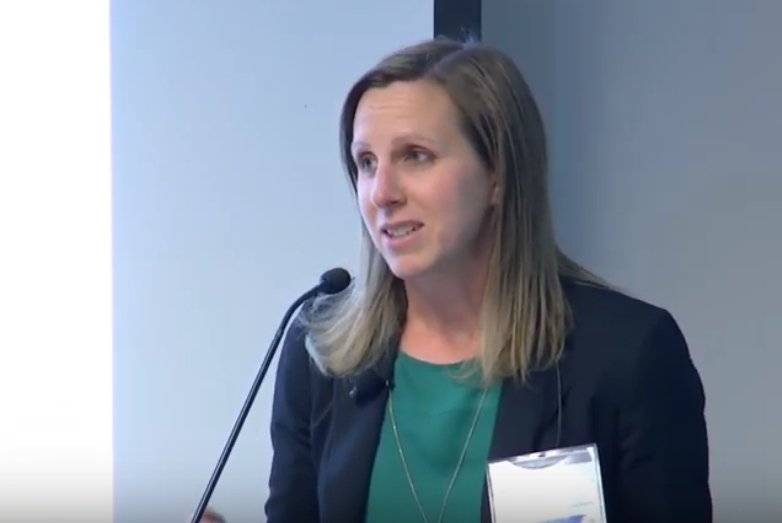
Public Debate and the Future of Genome Editing in Human Reproduction
Keystone co-organized a symposium at the University of California, Berkeley examining the incorporation of public perspectives into the governance of heritable changes to human DNA. The event was called CRISPR Consensus? and it featured scientists, ethicists, religious leaders, advocates, policymakers, and more. It was co-organized and sponsored by the Innovative Genomics Institute (IGI) at UC Berkeley, and the Initiative on Science, Technology and Human Identity at Arizona State University, with generous support from the John Templeton Foundation. Keystone partnered in the design of the event and also moderated a session at the symposium that explored examples of platforms and pathways for public engagement and debate.

Exploring Stakeholder Perspectives on the Development of a Gene Drive Mouse for Biodiversity Protection on Islands
Gene drives — mechanisms for biased inheritance —have implications for a wide range of fields, including public health, ecology, national security, and more. Gene drives can occur naturally in populations, but scientists are working to develop new drives in the lab through genetic engineering. Potential applications of these genetically engineered drives include eradicating mosquitoes to address the spread of human and avian malaria and eliminating invasive rodents on islands. Communities, stakeholders, and the broader public will likely be following their development, whether with enthusiasm, opposition, concerned scrutiny, or a combination of all of the above. Keystone worked in partnership with North Carolina State University and Arizona State University to incorporate stakeholder input into gene drive research exploring the feasibility and suitability of the use of gene drives for control of invasive rodents, which threaten island ecologies and biodiversity. Activities included a landscape analysis of stakeholder interests and perspectives surrounding the development of a gene drive mouse for biodiversity protection in island settings and a stakeholder workshop. Both the stakeholder analysis and laboratory research are funded through the United States Defense Advanced Research Projects Agency’s (DARPA) Safe Genes program. Reports are available here.
Past Projects
Expanding the Conversation on Synthetic Biology and Genetic Technologies
Social acceptance among a broader constituency of communities, stakeholders and publics will ultimately drive choices on the use new genetic technologies– and the time to engage these perspectives is now. In an attempt to chart a path forward, the Keystone Policy Center and the Woodrow Wilson International Center for Scholars hosted a summit in 2016 on stakeholder and community engagement for applications of synthetic biology. We brought together more than two-dozen public and private sector leaders from a wide range of substantive areas to discuss engagement priorities for public health, conservation, and food and agriculture. Participants shared lessons learned and future priorities.
Public Engagement on Genetically Engineered Algae
Genetically engineered algae hold the potential to reshape the landscape on food, energy, health, and numerous other sectors. In order to ensure these steps are taken responsibly and with a full airing of potential concerns, Keystone partnered with North Carolina State University, Arizona State University, and the Expert and Citizen Assessment of Science and Technology (ECAST) to host a workshop around expanding the breadth and reach of public engagement. The workshop resulted in a report.
Zika Planning & Engagement in Los Angeles County
Focused on making higher education funding more understandable and accountable for Coloradans, the Colorado General Assembly passed House Bill 14-1319 to kick start a statewide conversation about a new base funding formula that considers role, mission, and performance. The Keystone Policy Center and Engaged Public partnered with the Colorado Department of Higher Education (CDHE) in 2014 to facilitate stakeholder engagement and a public input process to confront this long-term, systemic issue. The process solicited input through key informant interviews and stakeholder meetings in 16 communities with more than 400 attendees.
Keystone’s collaborative process resulted in recommendations for a new funding formula to better allocate state general fund dollars among the state’s public institutions of higher education. The state is in the process of implementing the new formula that Keystone’s work and outreach yielded.

